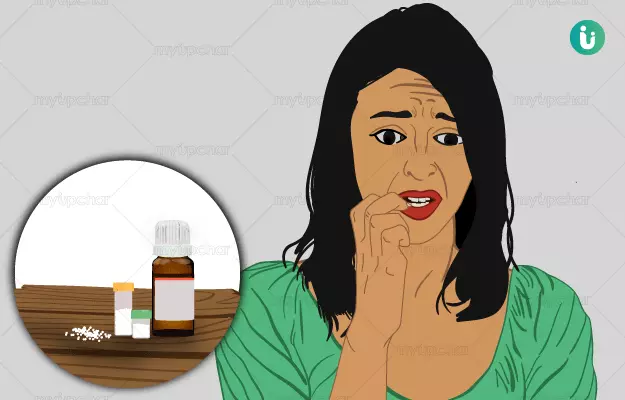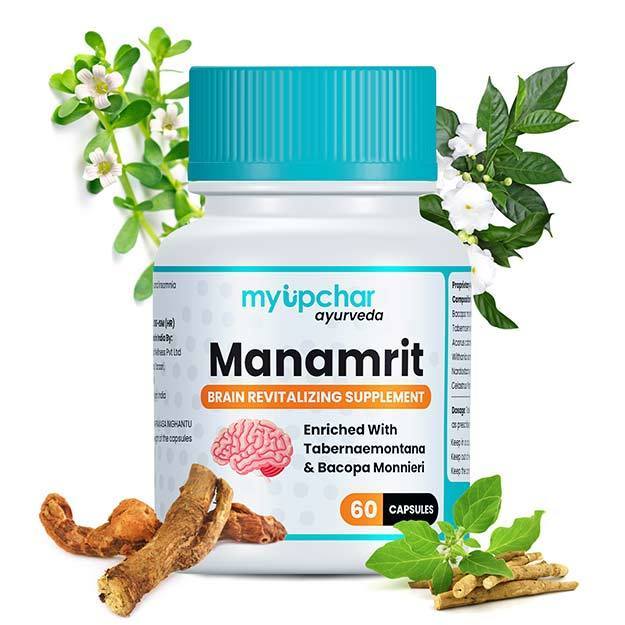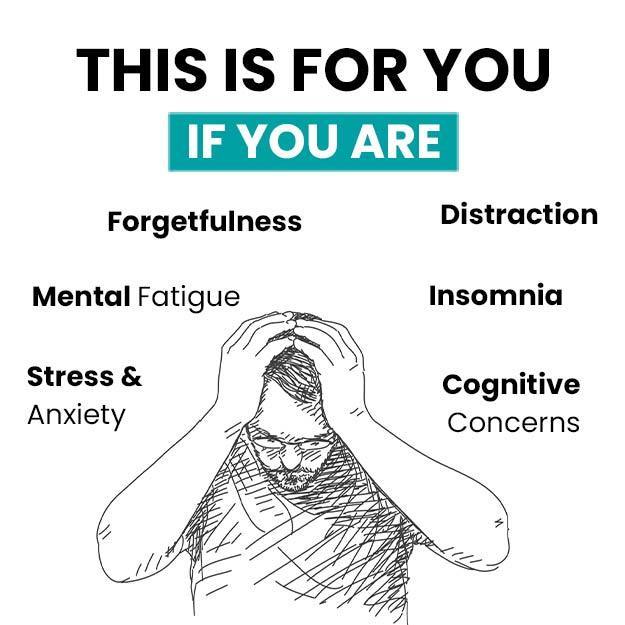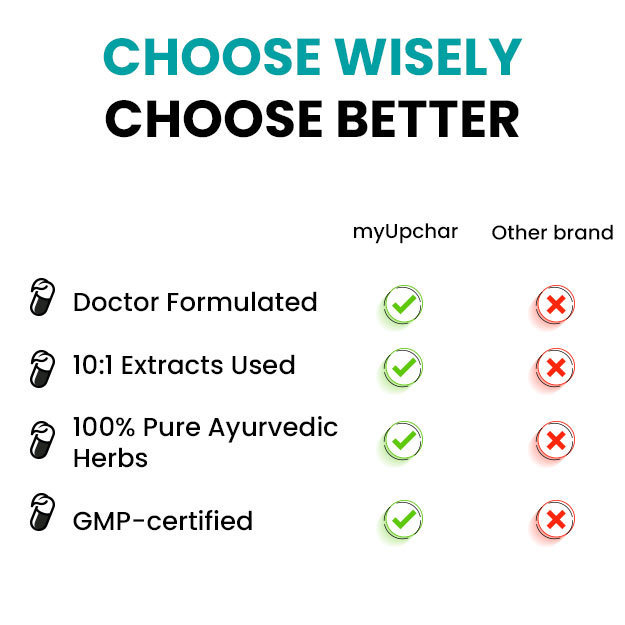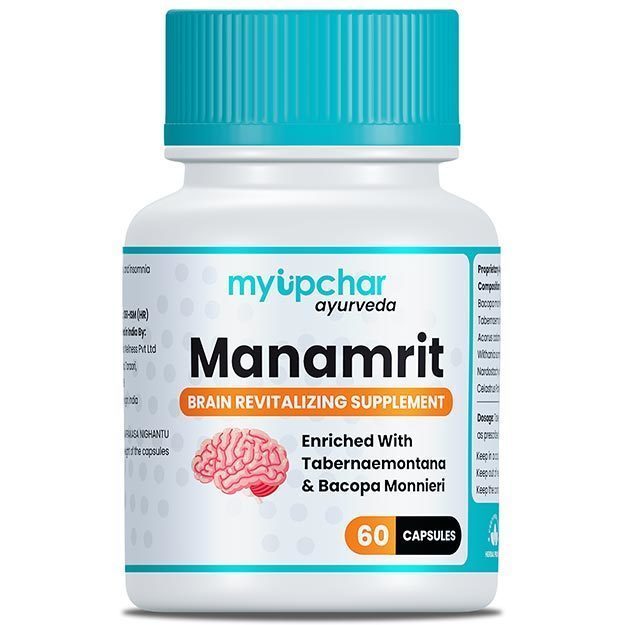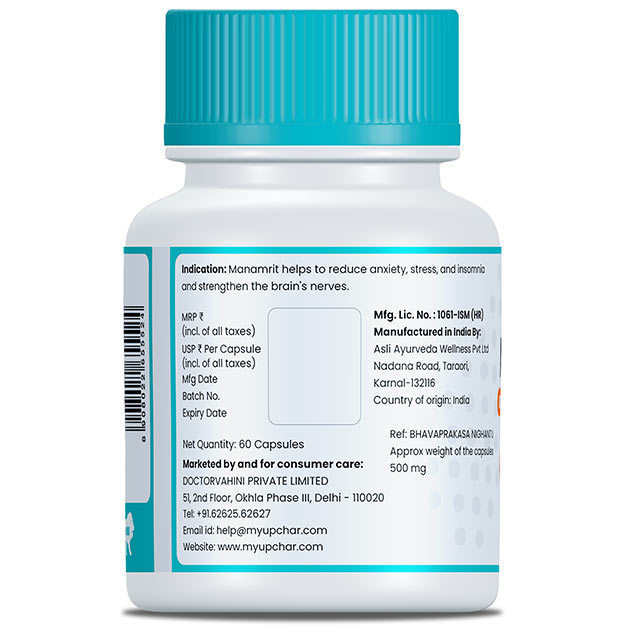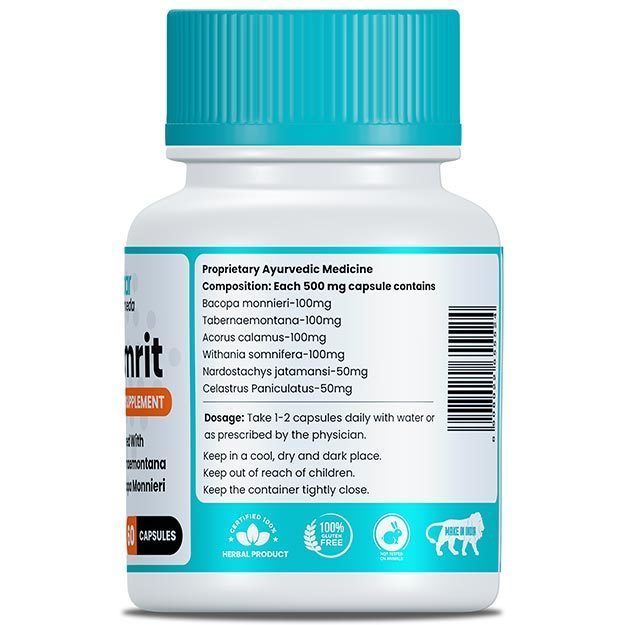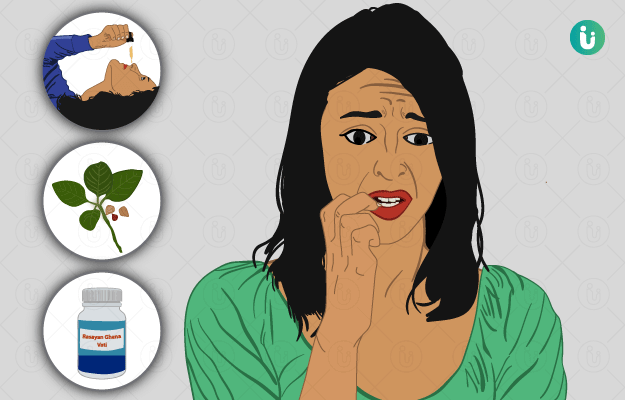Anxiety is defined as a feeling of unease, worry or fear on being confronted with a problem or when put in certain situations. When these feelings become persistent and uncontrollable and interfere with daily activities, it is termed as an anxiety disorder. Anxiety is the primary symptom of a handful of conditions, namely:
- Panic disorder - A condition where sudden panic attacks occur. The attacks are often severe and are usually triggered by a certain factor, such as a place, situation or object.
- Generalised anxiety disorder (GAD) - GAD is defined as a condition where a person is extremely stressed and nervous about several things on most days for a very long period of time, and this adversely affects his/her daily life.
- Phobia - A condition characterised by an intense fear of a specific object, place or situation.
- Post-traumatic stress disorder (PTSD) - PTSD is a disorder caused by experiencing a traumatic or distressing event.
Severe anxiety often affects personal well-being and requires immediate medical attention.
The most common conventional medications for anxiety include anti-anxiety medications and antidepressants, both of which come with their fair share of shortcomings and complications. Although not a permanent cure for anxiety, benzodiazepines are the most common anti-anxiety medicines, though they too lead to addiction with prolonged use.
Homeopathic remedies, on the other hand, are made from natural substances and hence do not have any side effects. Remedies like arsenicum album, natrum muriaticum, ignatia amara and others are quite effective for people suffering from anxiety with varying symptoms.
A homeopathic doctor considers disease symptoms along with the tendency of an individual to suffer from specific conditions (called miasms in homeopathy) before prescribing a remedy. So, not every remedy suits everyone equally.

